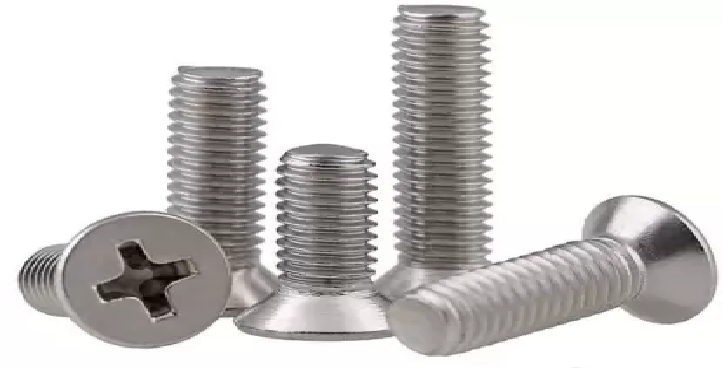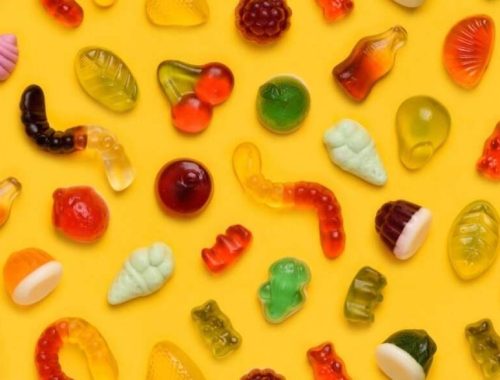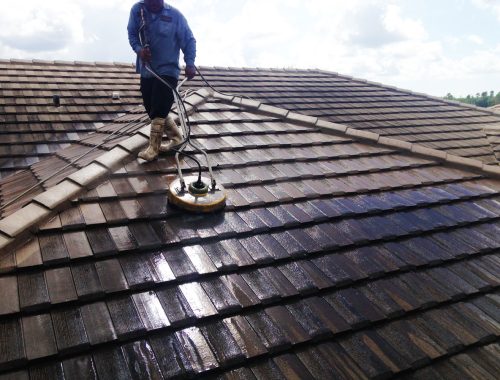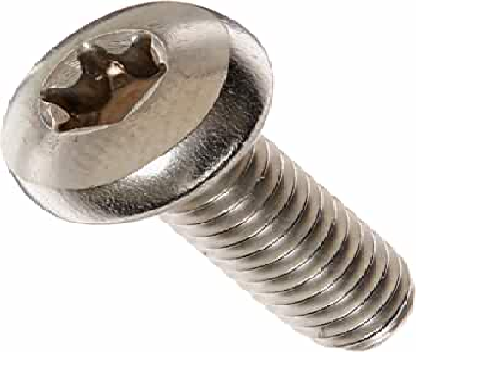
Guide to Machine Screws and Different Types of Machine Screws
Machine screws are commonly constructed with more precise and finer threads when compared to other types of fasteners. These screws are typically used with a pre-drilled hole that has been tapped internally or with a nut. Machine screws are primarily utilized to firmly join metal components together in various types of construction or machinery.
Machine Screws: Properties, Applications, and Varieties
Machine screws are a type of screw that is utilized to fasten parts together in a wide range of machinery, including electronics, engines, and large industrial manufacturing equipment. They are sometimes referred to as stove bolts. Generally, machine screws are threaded through preexisting tapped holes, rather than creating a hole as they are screwed in. However, some machine screws have the ability to cut and thread a hole as they are inserted. Machine screws are available in both coarse thread, which has 24 threads per inch, and fine thread, which has 32 threads per inch. Additionally, machine screws are available with various types of heads.
Machine Screw Components and Operation
A machine screw typically consists of a pointed end and a head at either end, both of which are made of metal. The shank, located in the middle of the screw, is partially or fully threaded from the pointed end to a certain length. In order to fasten parts together, the screw is rotated primarily in a clockwise direction, and a screwdriver is typically required to perform this action.
An Overview of Machine Screw Head Shapes and Types
Machine screws come in a variety of head shapes, including pan head, flat head, round head, oval head, truss head, and hex head. While round heads are the most commonly used, flat heads are useful when the screw needs to be flush with the surface it’s screwed into. Oval head screws are similar to flat head screws, but with a slightly rounded top. Pan head screws stick out above the surface, while truss heads have a lower profile but a larger surface area. Most head types are available with either a slotted or Philips screwdriver compatibility, and some have a combination head that is compatible with both. Fillister and cheese head screws have deeper slots, allowing for more power to be applied during driving. Additionally, tamper-resistant machine screws make it difficult for unauthorized individuals to access whatever is being secured.
Distinguishing Machine Screws from Other Types of Screws
Machine screws are distinct from other screw types. For instance, sheet metal screws are fully threaded and used to attach metal to metal. Set screws are engineered to withstand vibrations and rattling without coming undone. Conversely, wood screws are threaded from the bottom up to three-quarters of the way toward the head.

Varieties of Screws
- Wood Screws
- Deck Screws
- Drywall Screws
- Sheet Metal Screws
- Eye Screws
- Double Ended Screws
- Concrete Screws
- Lag Screws
- Set Screws
- Machine Screws
- Security Screws
- Hammer Drive Screws
- Mirror Screws
You can find More info on Different DIN Screw Standards from Machine Screws Manufacturer.
Applications of Machine Screws: Versatility and Material Options
Machine screws offer a wide range of advantages over larger screws. Due to their smaller size, they can be used to attach a variety of products, artifacts, and surfaces. This versatility makes them a popular choice in many applications.
In addition, machine screws are available in various materials, including stainless steel and aluminum. Stainless steel is a commonly used material in machine screw construction due to its strength, durability, and resistance to rust and corrosion. Aluminum is another popular option for machine screws as it also provides protection against rust and corrosion, but is lighter in weight compared to stainless steel. This makes aluminum machine screws a preferred choice in applications where weight is a concern.
Overall, the versatility and material options of machine screws make them a reliable choice for various applications.
You May Also Like

Innovations in Delta 9 Gummies Formulations: What’s New?
April 16, 2024
Job Hunt 2.0: What Remote Work Gems Await in Your Geographical Job Market?
January 10, 2024


